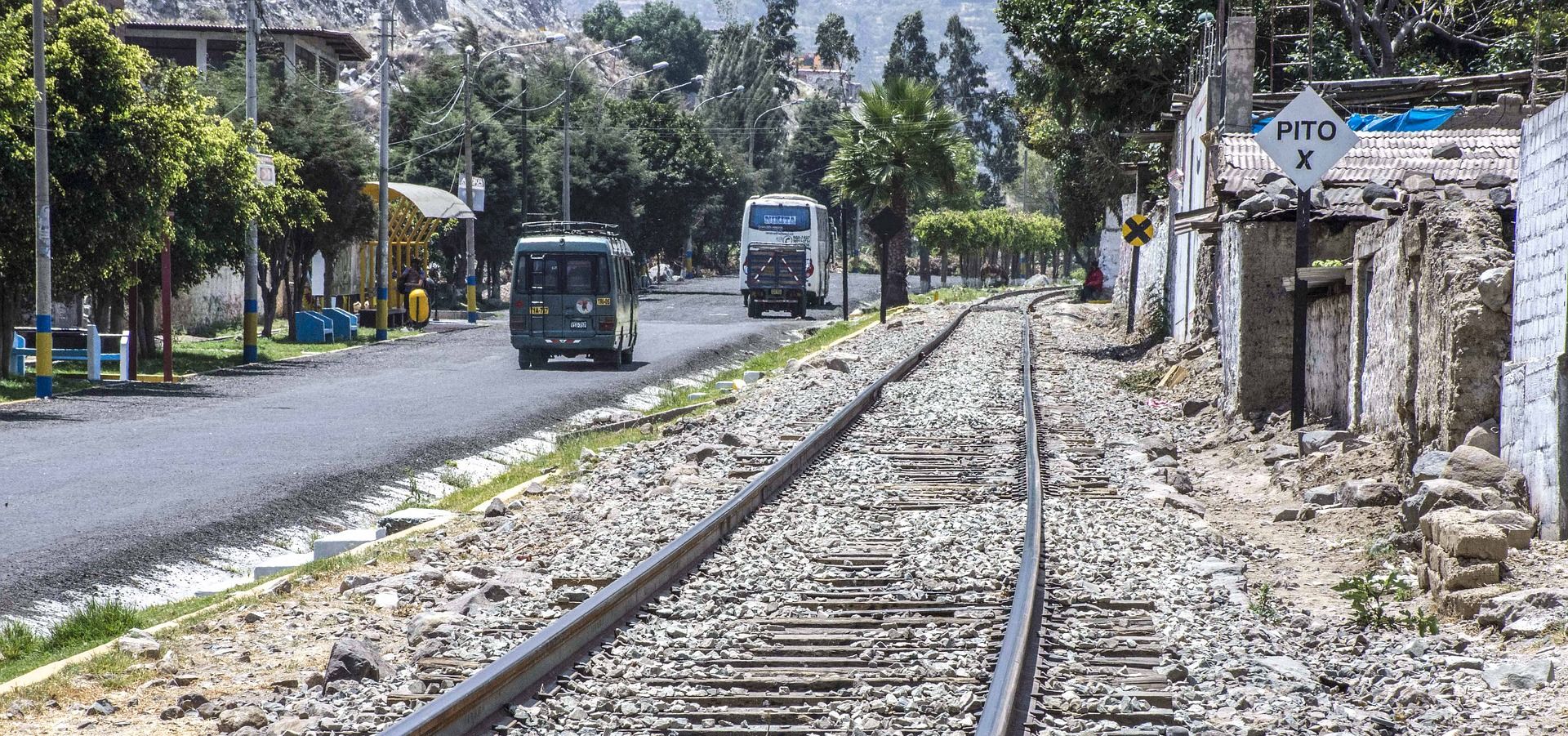In the run up to the Madrid-based COP25 international climate talks set to begin in early December, former Director of the Heinrich Böll Foundation’s Energy and Environment program, Rebecca Bertram, conducted a series of interviews with Latin American officials and activists. In Part 5 of the series, Bertram meets with Bruno Sanguinetti, Director at CEDE (Center for Development), an NGO that has a long history of working on environmental projects throughout Peru.
Good climate policy needs competent public servants
Background: Peru is a country with a high degree of territorial diversity spanning from rich coastal areas to the Andean and Amazonian ecosystems. In recent years, climate induced changes in temperatures and precipitation have exposed these ecosystems to increasing risks. In combination with other environmental challenges, such as agricultural expansion, deforestation and illegal mining, climate change seriously endangers Peru’s future economic development.
Rebecca Bertram (RB): What is the biggest challenge in combating climate change in Peru today?
Bruno Sanguinetti (BS): The main challenge we are facing in Peru today is how to comply and achieve our national climate goal – which is to reduce our greenhouse gas emissions by 30 percent by 2030. Unfortunately, many policy makers and public servants are talking about the issue without fully understanding its dimensions and implications for Peru.
True, the government has put forward a national climate strategy with four key criteria. We are looking at different strategies depending on the role of institutions and governance, evaluation, financing and capacity building measures. My concern is that we are engaging in this undertaking without the necessary know-how and it is unlikely that we can reach our overall national goal by pursuing this method. Take our forestry sector for example, where – at the Paris conference in 2015 – we committed ourselves out of the blue to reforest 3,2 million hectares. We have not even reached half of this. It seems we have no idea of how to get there.
RB: Why is it so difficult to formulate a realistic plan?
BS: The answer is simple and starts at the very top: we do not have a functioning public policy planning mechanism in place to execute effective policy changes. Many years ago, we did have such an institution but it was abolished in an attempt to slim down government. Our only national policy planning institution is currently our finance ministry which has no proper understanding of the climate change phenomenon. Tragically, our government is currently unable to make any valuable plans on any given area. On combating climate change, for example, one of the main governance problems remains the uncertainty over which governance level – be it the national or the subnational – has responsibility for executing specific policies.
RB: But do you see any determination to end this confusing situation?
BS: I do believe that there exists a general political will in our country to fight climate change and comply with our international obligations. But there is no clear focus on which sectors should contribute what to this overarching goal. Take reforestation again: When people migrate to the Amazon area – be it in search for jobs in the agribusiness or the mining sector – they effectively contribute to deforestation in newly inhabited areas. To allow this to happen is a political decision that undermines our climate goals, and I see no political willingness to revise this practice even though the overarching general perception is that yes, the government engages in fighting climate change. It’s a bizarre paradox.
RB: Could new technologies offer a way out?
Perhaps. There is a new buzzword around here, the inflationary term “innovation”. Everyone in Peru is talking about innovation these days. In fact, since the 1990’s, there has been an absolute reduction in education, capacity building and research throughout most of Latin America, including Peru. So how can you expect much innovation to happen in a place where the preconditions for innovation have been scrapped?
In the energy sector this is particularly evident: The government plans to build new and bigger hydropower dams that are more modern and apparently use much less water than conventional hydro power stations. This plan is, however, completely out of touch with the technological advances that other electricity generation technologies have made in recent years.
RB: So how do you get out of these contradictions?
BS: The most effective way is to actively engage in in-depth capacity measures directed towards our public sector on both the national and subnational level. These capacity measures need to look at both the planning and execution phases and how to intelligently administer and spend financial resources to provide a holistic approach to fighting climate change. International cooperation can play an important role in this regard and can bring more advanced solution-based policy ideas to Peru.
RB: Is this what you are you hoping for from the COP25 in Madrid?
BS: Precisely. I would like the COP25 to analyze how our National Determined Contributions (NDCs) are measured and compared on the international level. Our government finds it difficult to manage the goal that they have set themselves for Peru. To have an accepted international norm in place would be of great help.
